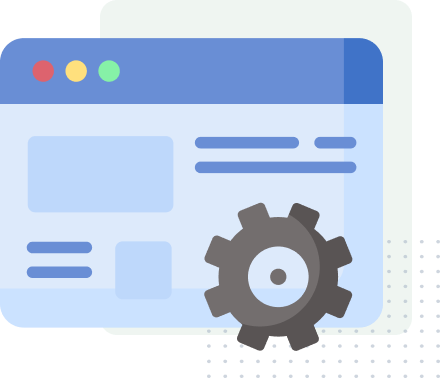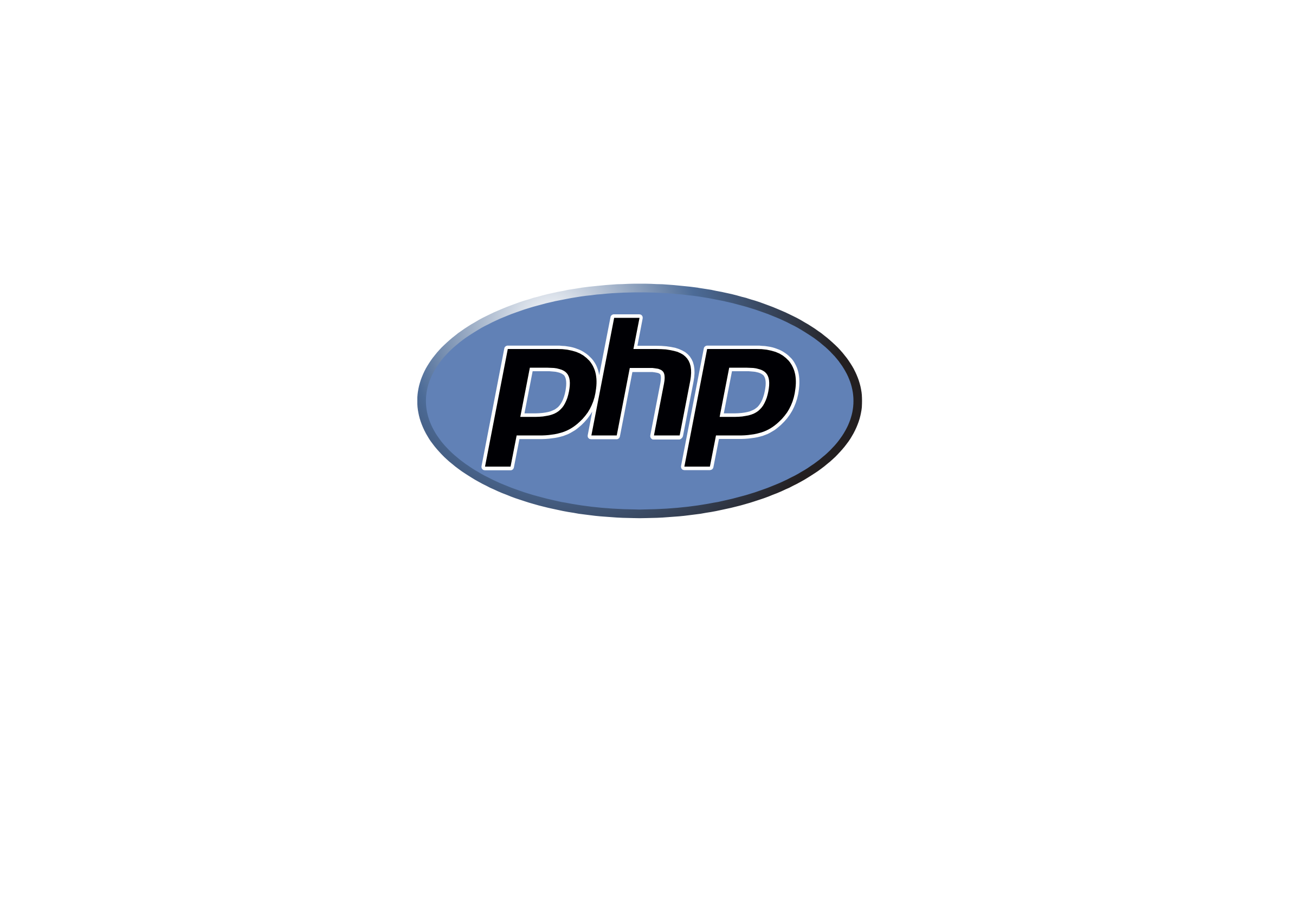

While PHP may not be the best choice for every web development project, it has proven itself as a reliable and widely adopted language for building dynamic websites and web applications. The decision to use PHP ultimately depends on the specific requirements of the project, the expertise of the development team, and the available resources.
Python is very easy to read. Also python is powerful. As Django is implemented in python it provides vast support in backend while compromising nothing in frontend.
Django Python is developed for web developers to solve the common issues and problems that developers come across with. Django Python comes with a lot of functionality. Due to the Django framework, developers get to enjoy the fun part of developing.
Django uses the MTV architecture which makes the whole system of transmitting over the internet easier and faster. Django servers handle things pretty well and also maintain the speed.
There are very few possibilities of security loopholes in Django as it is made by the world's best developers. Also in the user authentication system the security is very high.
The Django framework is developed in a way that it takes care of any kind of hardware applications.


PHP, which stands for "Hypertext Preprocessor," is a popular server-side scripting language that is widely used for web development. There are several reasons why PHP has gained significant popularity among developers: Easy to learn PHP has a relatively simple and intuitive syntax that is easy to understand, especially for beginners. It has a low entry barrier, allowing developers to quickly start building web applications. Wide adoption PHP has been around for a long time and has a large and active community of developers. This means that there is an extensive amount of documentation, tutorials, and resources available, making it easier to find help and support when needed. Platform independence PHP can run on various operating systems such as Windows, macOS, Linux, and Unix. It is also compatible with different web servers like Apache and Nginx, providing flexibility in deployment options. Web-focused PHP was specifically designed for web development. It offers built-in functions and features that simplify common web tasks, such as handling forms, managing databases, and generating dynamic content. This makes it efficient for building websites and web applications. Integration capabilities PHP has excellent integration capabilities with various databases, including MySQL, PostgreSQL, and MongoDB. It also supports different protocols and formats, making it easy to interact with external services and APIs. Scalability PHP is known for its ability to handle high traffic loads and scale well. Many large websites and platforms, such as Facebook and WordPress, were initially built using PHP and have scaled successfully. Open-source and cost-effective PHP is an open-source language, which means it is free to use and distribute. This makes it a cost-effective choice for web development projects, as it reduces licensing fees and allows developers to leverage a vast ecosystem of open-source libraries and frameworks.